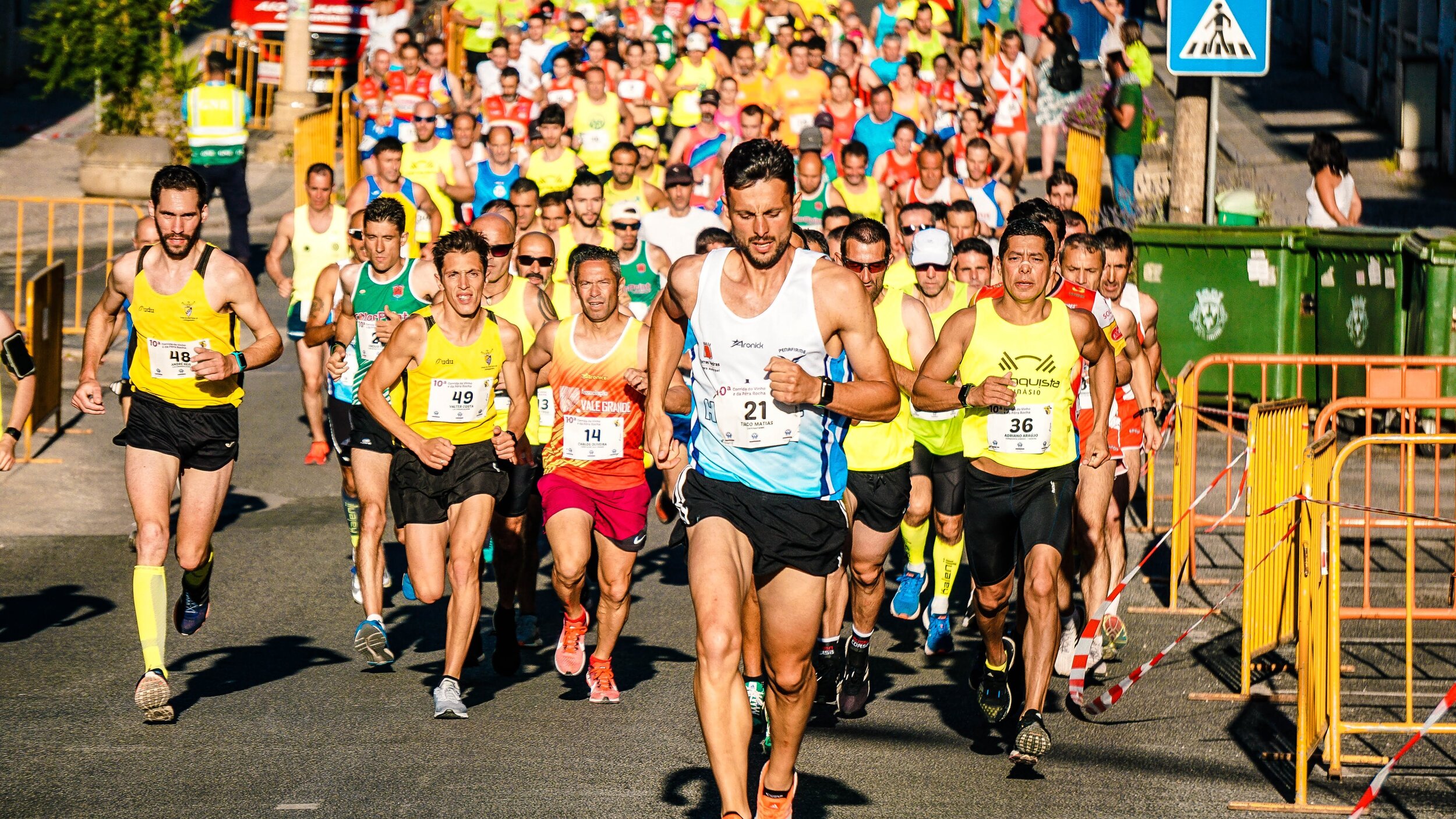Muscle cramping can be a frustrating and painful consequence of individual and team sport athletic participation leading to decreased sports performance. The internet is filled with reported remedies to cramping from creams to sports drinks. Many aim to resolve possible imbalances of hydration and electrolyte balance (sodium and potassium) from sweating during an athlete’s training or competition. Despite evidence to the contrary, a vast majority of endurance athletes believe cramps are caused by dehydration or electrolyte imbalances. Instead researchers believe muscle cramps are a multifactorial process involving, in part, a disruption of the nervous system’s ability to repeated contract and relax exercising muscles. A recent study adds evidence to support a muscular vs. hydration or electrolyte cause of cramping.
Martinez-Navarro and colleagues studies the incidence and causes of muscle cramping in a sample of marathon runners (J Strength Conditioning Research. 2020). Authors examined subjective histories, performance, as well as, pre and post race blood and urine levels in 98 marathoners. They reported of the 88 finishers, 1 in 4 reported an exercise induced muscle cramp. These individuals were then compared against their non cramping peers to determine which factors influenced the presence of muscle cramps.
Consistent with prior research, authors did not report any differences in hydration or electrolytes between those with or without muscle cramps. Conversely, authors did find evidence of increased muscle damage (creatine kinase and lactate dehyrogenase) among those reporting muscle cramping. These levels indicate muscle damage likely plays a larger role in muscle cramping compared to hydration and electrolytes. Researchers are currently looking into the protective effects of strength training to both increase a muscle’s tolerance for running, and in turn, reduce its’ risk of cramping.
Click here and here to learn which strength training exercises we recommend for runners

